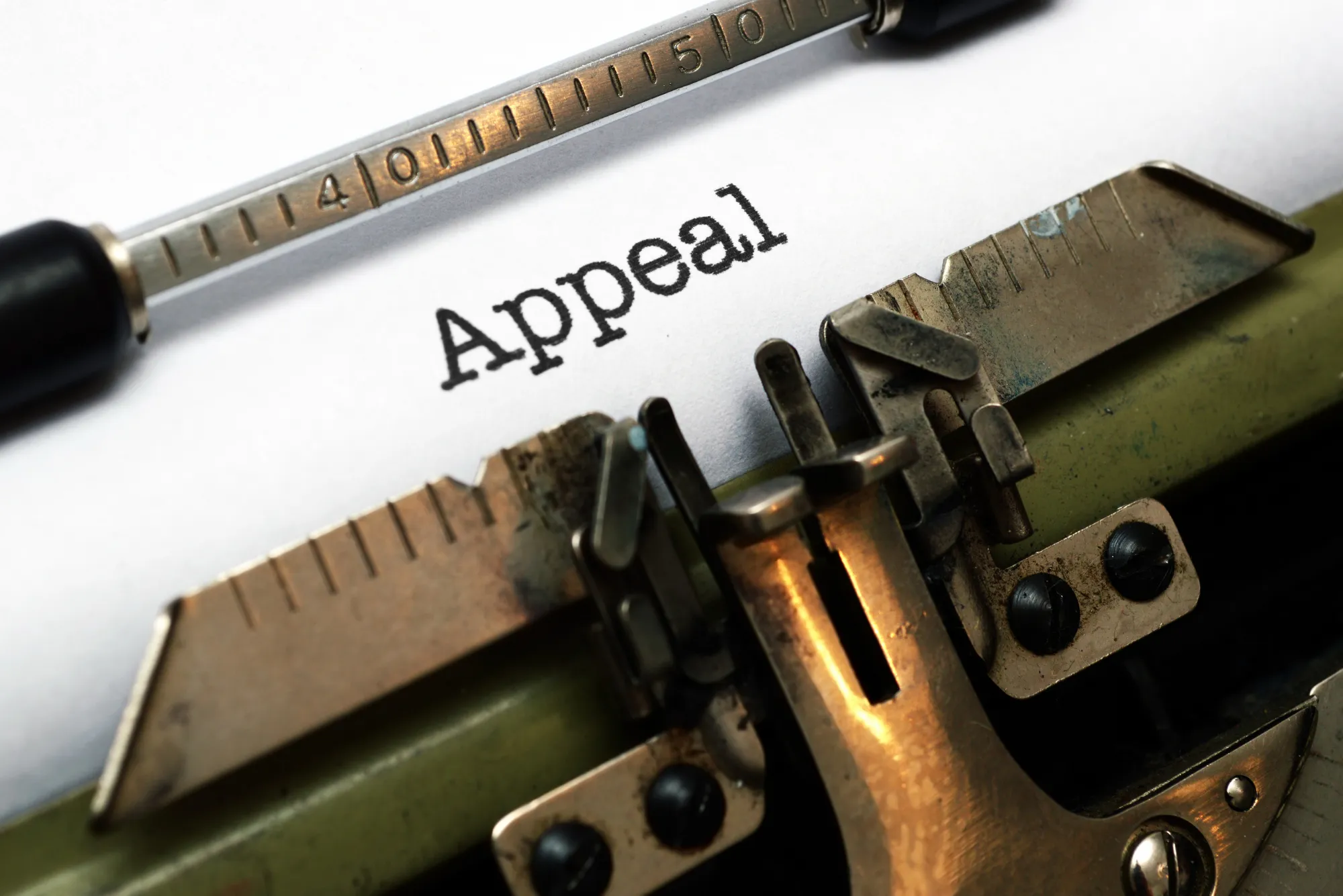Introduction
In a city where legal systems are continually evolving, criminal appeals have become an essential mechanism to ensure justice is thoroughly administered. Many individuals ask whether criminal appeals offer a genuine opportunity to rectify trial errors and how legal representation can impact these outcomes. This FAQ delves into the role and effectiveness of criminal appeals in Dubai, explaining how detailed legal scrutiny can address trial oversights, and how experienced legal professionals—such as Dubai Lawyers—play an indispensable role in this process. By providing a comprehensive overview of the appellate process, this document aims to demystify the journey from trial to appeal and illustrate the strategic advantages of robust legal representation.
What Is a Criminal Appeal?
A criminal appeal is a legal process by which a defendant challenges a conviction or sentence rendered by a trial court. Unlike a retrial, an appeal does not revisit the factual determinations made during the original trial; instead, it focuses on reviewing the legal procedures and decisions to determine if there were significant errors that could have influenced the outcome. These errors might involve:
- Procedural Missteps: Errors in following established legal protocols during the trial.
- Evidentiary Issues: Misinterpretations or mishandlings regarding the admission or exclusion of evidence.
- Judicial Errors: Misapplication of legal principles or incorrect jury instructions.
The goal of the appeal is to ensure that justice is administered in a fair manner, correcting any legal mistakes that might have compromised the defendant’s right to a fair trial.
Steps in the Criminal Appeals Process
The criminal appeals process in Dubai is methodical and demands strict adherence to legal procedures. Below is an outline of the primary steps involved:
- Filing the Notice of Appeal:
The process begins with the timely submission of a notice of appeal. This document informs the court and the opposing party of the appellant’s intention to challenge the trial verdict. It must be filed within a specific deadline—failure to do so can result in the loss of the right to appeal. - Compilation of the Trial Record:
The appellant’s legal team must gather the complete trial record, which includes transcripts, evidence, and judicial opinions. This record forms the foundation of the appellate review and is essential for highlighting any potential errors that occurred during the trial. - Drafting the Appellate Brief:
A crucial component of the appeal is the appellate brief. In this document, the legal team outlines the specific legal errors alleged to have occurred during the trial. The brief supports these arguments with relevant legal precedents, statutory interpretations, and detailed analyses of the trial proceedings. Clarity and precision in the brief are key, as it forms the primary basis on which the appellate court will evaluate the appeal. - Oral Arguments:
In many instances, the appellate court will schedule oral arguments. During these sessions, the legal representatives present their case to a panel of judges and respond to any queries. The effectiveness of these arguments often hinges on the ability to succinctly summarize complex legal issues and to convincingly argue how the trial errors impacted the verdict. - Judicial Deliberation and Decision:
After reviewing the appellate brief and hearing the oral arguments, the appellate judges deliberate on the case. They may decide to reverse the trial court’s decision, modify the sentence, remand the case for a new trial, or, if no significant errors are found, uphold the original verdict. Their decision is accompanied by a detailed opinion that outlines the legal reasoning behind the ruling.
How Do Legal Advocates Enhance the Appellate Process?
The success of a criminal appeal is largely dependent on the quality of legal representation. Experienced advocates bring several advantages to the process:
- Detailed Analysis:
Effective legal representation starts with a meticulous review of the trial record. Skilled advocates identify subtle errors in judicial procedure or evidentiary rulings that might not be immediately obvious. This detailed analysis can reveal whether these errors had a material impact on the outcome of the trial. - Crafting Persuasive Arguments:
The preparation of the appellate brief is both an art and a science. Advocates must distill complex legal issues into clear, concise, and compelling arguments. By referencing relevant case law and statutory provisions, they demonstrate that the trial court’s errors warrant a different outcome. Strong, persuasive written and oral arguments can make a significant difference in the appellate court’s final decision. - Strict Adherence to Deadlines:
The appeals process in Dubai is governed by strict timelines. Experienced advocates ensure that all filings, submissions, and procedural requirements are met without delay. This meticulous time management is crucial, as even minor oversights can jeopardize the right to appeal. - Effective Communication:
Beyond the legal documents, the ability to communicate complex legal concepts during oral arguments is essential. Advocates who can articulate their points clearly and respond confidently to judicial questions help ensure that the appellate court fully understands the significance of the alleged errors.
The Impact of Successful Appeals on the Legal System
Successful criminal appeals not only benefit individual defendants but also contribute to the evolution of the broader legal system. When appellate courts identify and correct errors made during trials, they help set new legal precedents that can influence future cases. This process reinforces the integrity of the legal system and promotes continual improvement in judicial practices. It also enhances public confidence in the fairness and accountability of the justice system.
Challenges in the Criminal Appeals Process
Despite its importance, the appeals process faces several challenges:
- Stringent Deadlines:
The strict time frames for filing appeals and related documents mean that any delay or error can have serious consequences. This pressure requires advocates to work quickly and efficiently without sacrificing thoroughness. - Complex Legal Framework:
Dubai’s legal system is characterized by its unique blend of civil law traditions and elements of Sharia law. This complexity requires advocates to have an in-depth understanding of multiple legal systems and the ability to navigate diverse legal precedents. - High Burden of Proof:
The appellate court’s review is strictly focused on legal errors rather than factual disputes. Advocates must therefore provide a compelling legal rationale for why any procedural or evidentiary error should alter the trial’s outcome. - Resource-Intensive Process:
The preparation of an appeal is both time-consuming and resource-intensive, requiring the coordinated efforts of legal experts, thorough documentation, and continuous case management.
Real-World Benefits for Defendants
For defendants who believe that their trial was marred by legal errors, the appeal process offers a critical pathway to justice. Here are some practical benefits:
- Correction of Judicial Errors:
If significant errors are found, the appellate court may reverse the conviction or modify the sentence. This corrective mechanism helps to ensure that individuals are not unfairly punished due to procedural missteps. - Preservation of Legal Rights:
The appeal serves as a safeguard to protect the constitutional and legal rights of defendants, ensuring that every aspect of their trial adheres to the highest standards of fairness and due process. - Precedent for Future Cases:
Successful appeals contribute to the legal body of precedents, providing guidance for future cases and enhancing the overall quality of the judicial process in Dubai.
Guidance for Prospective Appellants
For individuals considering an appeal, the following steps can improve the chances of a successful outcome:
- Immediate Consultation:
Engage with experienced legal counsel as soon as a trial verdict is announced. Early consultation helps preserve critical evidence and allows for a timely review of the trial record. - Complete Documentation:
Ensure that all records related to the trial are meticulously organized and preserved. A complete trial record is essential for identifying and substantiating any errors that occurred. - Realistic Assessment:
Understand that an appeal is not a retrial, but rather a review of legal procedures. Maintain realistic expectations regarding the potential outcomes of the appeal. - Continuous Communication:
Stay in regular contact with your legal team to receive updates on the progress of the appeal and to understand the implications of each stage in the process. - Strategic Planning:
Work with your advocate to develop a robust strategy that addresses every potential error, ensuring that all arguments are well-supported by legal precedent and thorough analysis.
Conclusion
The criminal appeals process in Dubai is a powerful tool designed to ensure that justice is served by correcting errors made during the trial phase. Through a detailed review of legal procedures, effective case management, and compelling legal arguments, the process offers a critical safeguard for defendants who believe they have been wronged. The expertise of legal professionals, including experienced representatives like Dubai Lawyers, is vital in navigating this complex process successfully.
By meticulously following the steps of filing a notice of appeal, compiling a complete trial record, drafting a persuasive appellate brief, and presenting clear oral arguments, defendants can challenge adverse trial outcomes effectively. Although the appeals process is demanding and faces several challenges, its role in maintaining judicial integrity and advancing legal standards is undeniable.
For those facing criminal convictions, engaging with specialized legal counsel early in the process can make all the difference. With prompt action, thorough documentation, and strategic legal planning, the pathway to a successful appeal becomes significantly clearer. Ultimately, the process of criminal appeals not only protects individual rights but also strengthens the overall framework of the justice system in Dubai, ensuring that fairness and accountability remain at the forefront of judicial proceedings.
Addresses for Legal Assistance
For those seeking legal representation in Dubai, here are two reputable sources:
Gulf Advocates – Lawyers in Dubai
Address: 1 Sheikh Mohammed bin Rashid Blvd – Downtown Dubai – Dubai – United Arab Emirates
Phone: +971 54 322 5080









